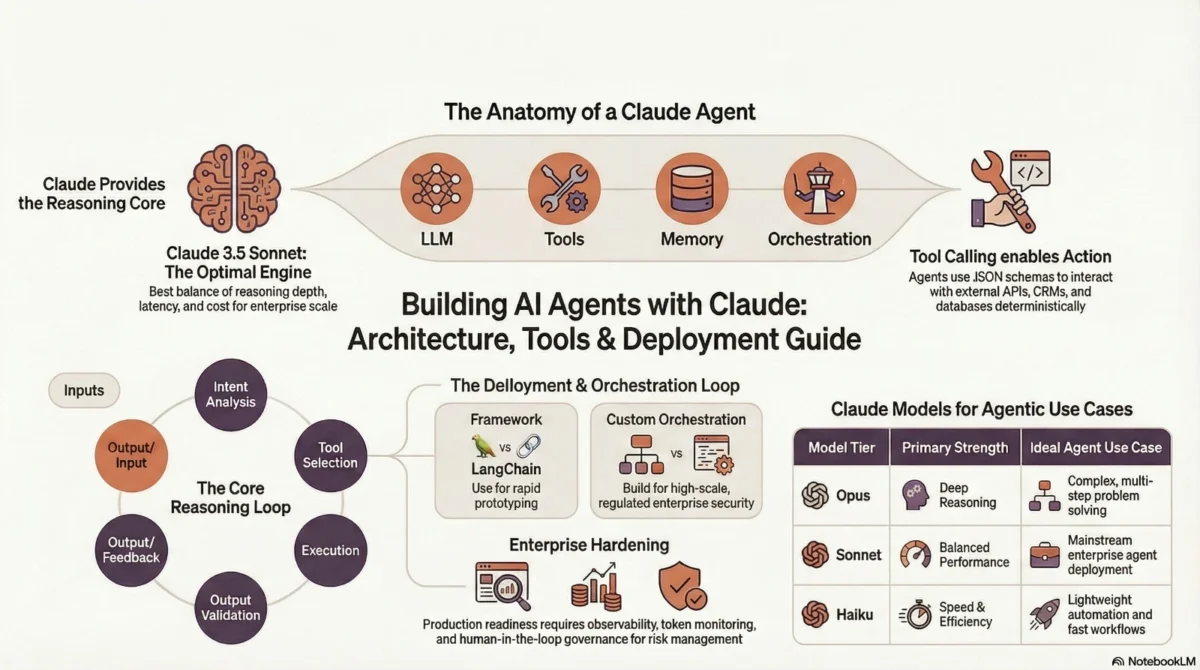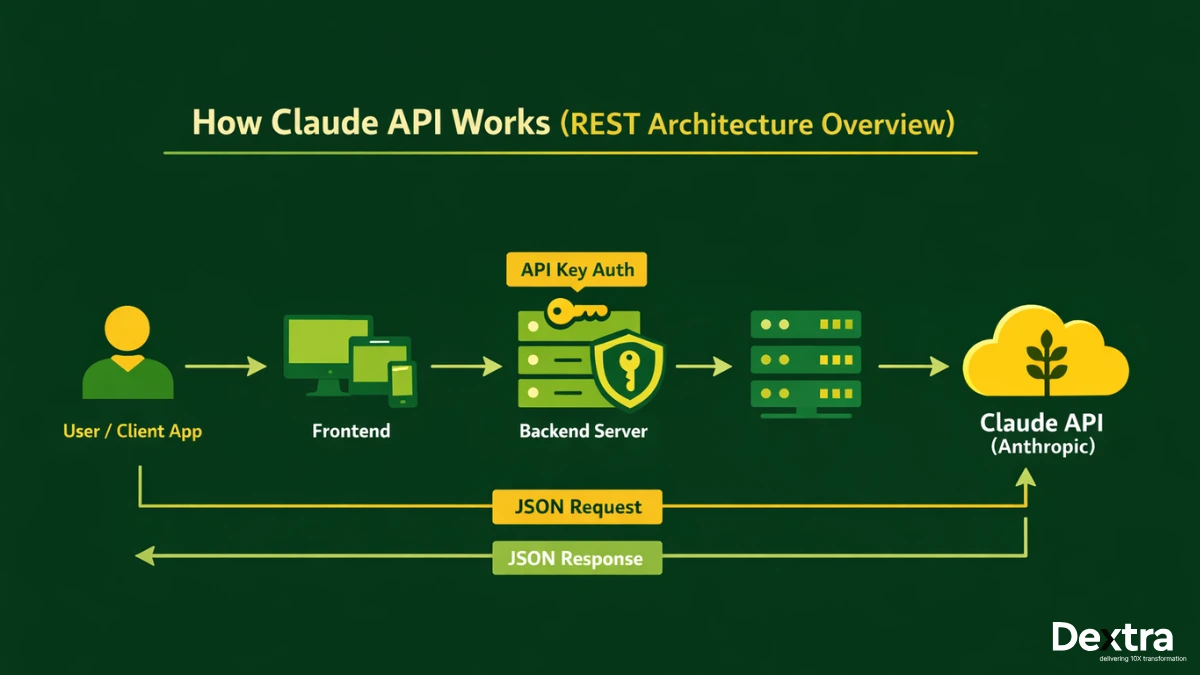Asset management and wealth management are services that help people and businesses grow and protect their financial holdings. Asset management maximizes returns on investments such as stocks and real estate.
On the other hand, wealth management provides many financial services, such as investment advising and retirement planning. This article will explain the difference between wealth management and asset management and how to tackle both.
What Is Asset Management?
Asset management is a professional service used for managing and maximizing a client’s financial portfolio. This service can accommodate a lot of assets like stocks, bonds, real estate, commodities, and other investment vehicles.
Asset managers use many methods and tools to maximize returns while adhering to the client’s risk tolerance and financial objectives. This means actively trading to capitalize on market opportunities or implementing long-term strategies to assure consistent growth.
The relationship between the asset manager and the customer is based on trust, as clients rely on the manager’s knowledge to negotiate the complexity of the financial markets.
Also Read:- For Tech Founders
What Is Wealth Management?
Wealth management is a complete financial service that helps wealthy people, families, and enterprises meet their financial needs. It includes investment management, financial planning, estate planning, tax strategies, and retirement planning.
Wealth managers collaborate with clients to check their financial goals and long-term objectives. They create solutions to assist clients in growing and transferring their money.
This usually means working with other experts, such as accountants, attorneys, and tax consultants, to provide a strategy for managing the client’s finances. Investment management is an important component of wealth management in which wealth managers build and manage a portfolio of assets to maximize returns while decreasing risk.
What Do Asset and Wealth Managers Do?
Asset and wealth managers play an important role in assisting people and corporations with their financial and investment needs.
Asset Managers
Here is a description of what asset managers do:
- Create and implement strategies to help clients grow their investments in stocks, bonds, real estate, and other assets.
- Evaluate and alter investment portfolios to align with customers’ financial objectives and market conditions.
- Asset managers use research and analysis of market trends and individual investments to make informed decisions.
- Identify and reduce investment-related risks to protect clients’ money.
- Regularly update investment performance, including profits, losses, and overall portfolio health.
- Asset managers have continuous communication with clients about strategies, performance, and any changes to investment plans.
Wealth Managers
Here are the roles of wealth managers in financial management:
- Make complete financial plans that cover all details of a client’s financial life, such as budgeting and investment.
- Handle investment portfolios in the same way asset managers do, but they also consider the client’s overall financial condition.
- Help clients prepare for the transfer of their wealth, including the development of wills and other legal structures to save taxes.
- Create solutions for reducing tax liability through careful planning and the use of tax-efficient investment structures.
- Help clients identify retirement objectives and develop plans to guarantee they can live the lifestyle they want in retirement.
- Help customers plan for key life expenses such as their children’s education and make sure that their wealth benefits future generations.
- Work with other specialists such as accountants and tax consultants to give a service that addresses all areas of a client’s financial situation.
Asset vs Wealth Management – How to Balance Both?
Wealth management vs asset management must be balanced by combining investment strategies with financial planning. Here’s how to develop a balanced approach to asset management versus wealth management.
1) Understand Your Financial Goals
The first step toward balancing asset and wealth management is to understand your financial goals. Short-term goals are demands such as purchasing a home or supporting college which need more liquid and accessible investments. On the other hand, long-term goals such as retirement planning and legacy generation need a strategy that prioritizes long-term growth and wealth preservation.
2) Create a Comprehensive Financial Plan
A financial plan is important for balancing asset and wealth management. This means checking your overall financial picture, including income, expenses, debts, and assets. You need to set specific and attainable financial goals help in the development of a strategy that combines targeted investment methods with bigger financial planning requirements.
3) Diversify Investments
Diversification is important for balancing asset and wealth management risk and return. Asset allocation is spreading investments among several asset classes such as stocks and real estate to manage risk. Diversifying individual investments within each asset class reduces exposure to any investment’s bad performance.
4) Regular Portfolio Review and Rebalancing
Regularly assessing your portfolio’s performance helps ensure that it is in line with your financial objectives. Market conditions and personal circumstances can shift which forces changes to your investment strategy. Things like periodic rebalancing help preserve the proper asset allocation, especially after major market fluctuations. This makes sure that your portfolio stays on track.
5) Incorporate Tax Planning
Tax-efficient investments are important for increasing earnings and minimizing obligations. You can use investment vehicles such as IRAs, 401(k), and municipal bonds, which can provide considerable tax benefits. Furthermore, strategically timing withdrawals can lower tax costs while increasing financial efficiency.
6) Estate & Legacy Planning
Effective estate and legacy planning make sure that your money is transferred in the manner you specify. Wills and trusts can help you manage assets in a tax-efficient manner. You should make sure there are proper beneficiary designations that can also help avoid legal issues and protect your legacy for future generations.
How to Become a Leader in the World of Asset Management Wealth Management?
To become a leader in asset and wealth management, you must combine education, experience, abilities, and personal attributes. Here’s how to do it:
1) Get Relevant Education and Certifications
Earn a bachelor’s degree in finance, economics, business administration, or a similar field. Advanced degrees such as an MBA or a Master’s in Finance can give a competitive advantage. Get industry-recognized certificates such as Chartered Financial Analyst (CFA) and Chartered Wealth Manager. These certifications show competence and dedication to the field.
2) Get Practical Experience
Start your career in an entry-level role, such as a financial analyst or associate wealth manager. To do these jobs, you will need a lot of information and skills. Get expertise in many aspects of asset and wealth management to build a well-rounded skill set. Specializing in a specific subject can also help you stand out from your competitors. As your career progresses, look for opportunities to take on leadership roles.
3) Develop Key Skills
Develop your ability to assess financial data and investment prospects. You will need strong analytical skills for making sound decisions. Develop great communication skills to successfully express difficult financial topics to clients and coworkers. Create your capacity to think strategically and anticipate market trends. Strategic thinking allows you to develop long-term plans aligned with your client’s goals.
4) Create a Strong Professional Network
You will need to attend industry conferences and networking events to meet other professionals in your field. Developing relationships with peers and potential clients can lead you to new opportunities. Join organizations such as the CFA Institute or the Financial Planning Association.
Active participation can result in great resources and networking. Try to look for mentors who can offer advice and support based on their experiences. Mentors can guide you through the industry’s complexity.
5) Stay Informed and Adaptable
Commit to lifelong learning by keeping up with industry developments and new financial products. Continuing education means that you will stay knowledgeable and competitive. ALways be open to changes in the market and industry. The ability to innovate in the face of new obstacles and opportunities is important for leaders.
6) Show Strong Ethical Standards
Have the greatest level of honesty and ethical behavior. Leadership in asset and wealth management is built on trust. Try to proritize the best interests of your clients in all choices and activities. Developing a reputation for prioritizing clients can boost your credibility and leadership.
Have complete transparency in all interactions with clients and stakeholders. Clear communication regarding risks and performance promotes trust and confidence.
How to Find Wealth and Asset Management Services?
Finding wealth and asset management services needs research and analysis of your financial requirements and objectives. Here’s a step-by-step method for finding the right services:
1) Evaluate Your Financial Needs
Check your financial objectives, such as retirement planning or estate planning. Understanding your needs will assist you in selecting the appropriate service.
Then, you have to check the complexity of your financial condition. High-net-worth individuals or people with complicated financial needs require more complicated wealth management solutions.
2) Research Potential Firms and Advisors.
Start by conducting an online search for wealth and asset management firms. Look for companies with a strong internet presence, great feedback, and high client satisfaction. Check for a list of experts and firms and contact professional associations such as the CFA Institute or the Financial Planning Association (FPA).
You can also try getting help from friends, relatives, or coworkers who have used financial or asset management services. Personal recommendations can give you more details and build trust.
3) Check Credentials and Experience Credentials
You need to look for advisers with relevant credentials like CFA, CFP, or CWM. These certificates show a high level of experience and professionalism. Look for consultants who have extensive industry expertise. An experienced advisor is more likely to give educated and effective advice.
4) Review Services Offered
Review the firm’s or advisor’s scope of services. Make sure that they offer the precise services you require such as investment management or estate preparation. Check if the organization gives personalized services based on your specific financial condition and aspirations.
5) Understand Fee Structures
Make sure that the firm’s fee structure is transparent. Try to understand how they charge for their services whether it’s a fixed fee or hourly fees. You need to compare the expenses to the value of the services offered. Remember, lower prices can seem appealing but greater rates can be justified if the service quality and prospective returns are superior.
6) Schedule Consultations
Try to set up consultations with a few suitable firms or advisors. Take advantage of this opportunity to ask them about their strategy and how they can help you reach your financial goals. A successful advisor-client relationship is built on trust, communication, and mutual understanding.
7) Verify Regulatory Compliance
Check the advisor’s registration and standing with regulatory agencies like the Securities and Exchange Commission and the Financial Industry Regulatory Authority. Check for any measures or complaints filed against the advisor or firm because a clean regulatory record is needed for dependability.
8) Make An Informed Decision
After getting all the relevant information, compare the businesses or advisors you gathered through your research. Check the services provided and the costs they charge along with the qualifications and experience. Choose the firm or advisor that gives you the most confidence and comfort. A good long-term partnership relies heavily on trust and rapport.
Conclusion
Wealth management and asset management deal with financial demands differently. Asset management optimizes investments such as stocks and bonds whereas wealth management deals with things like investment management and retirement planning. The decision for which one you need is based on personal aspirations and financial complexity. All details about wealth management asset management have been discussed above in detail.
FAQs
Q. What is the difference between wealth and assets?
Wealth is your complete financial picture including all of your possessions. An asset is something that has worth and can be converted into cash.
Q. Is asset management superior to wealth management?
Asset management tries to maximize a person’s investment returns. Wealth management takes a more complete approach to improve and protect a person’s overall financial health over time.
Q. What are the different industries in wealth management?
There are five categories of wealth management that a trained financial advisor can assist you with.
Financial Planning
Asset Allocation
Asset Management
Estate Planning
Tax Accounting








